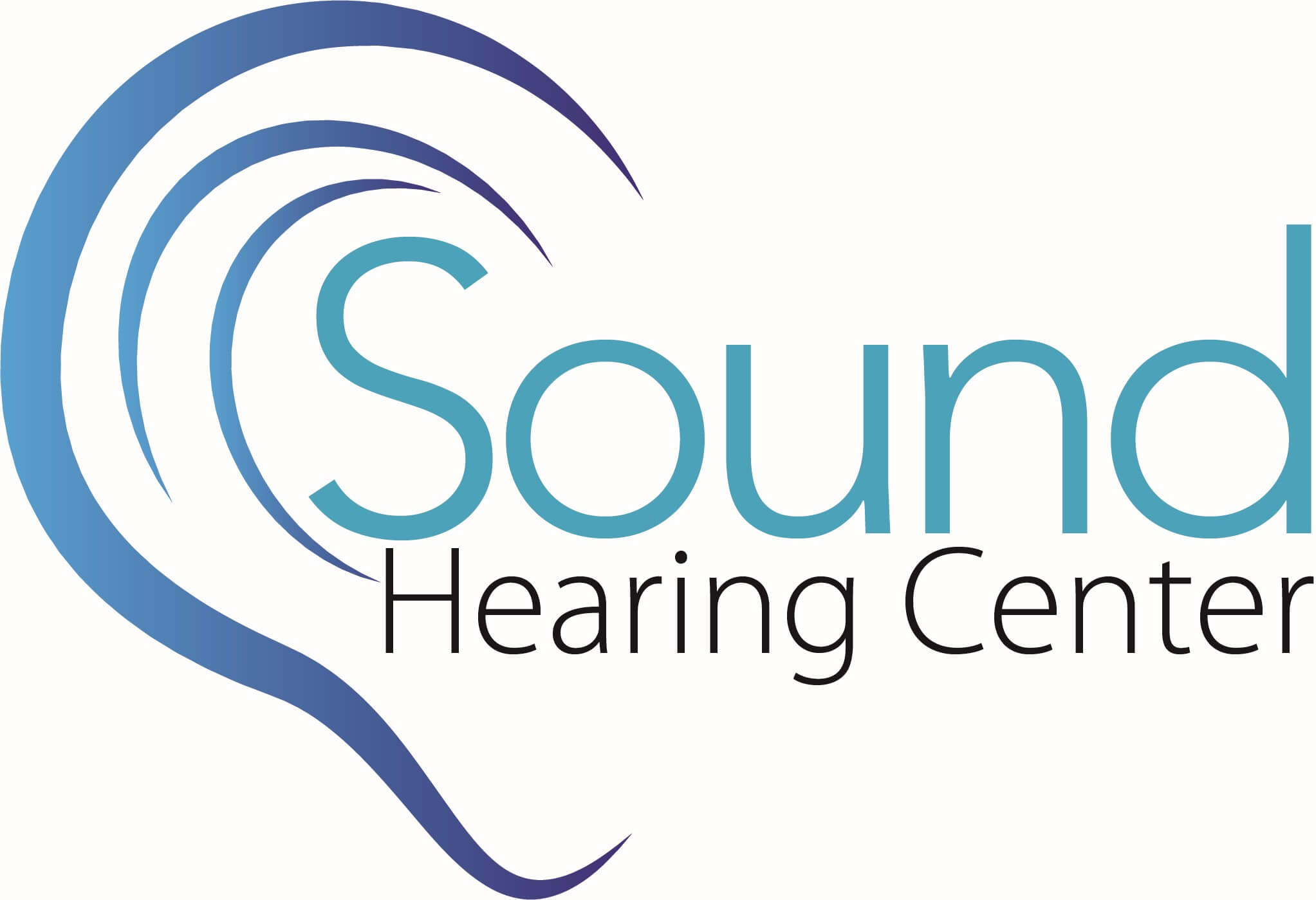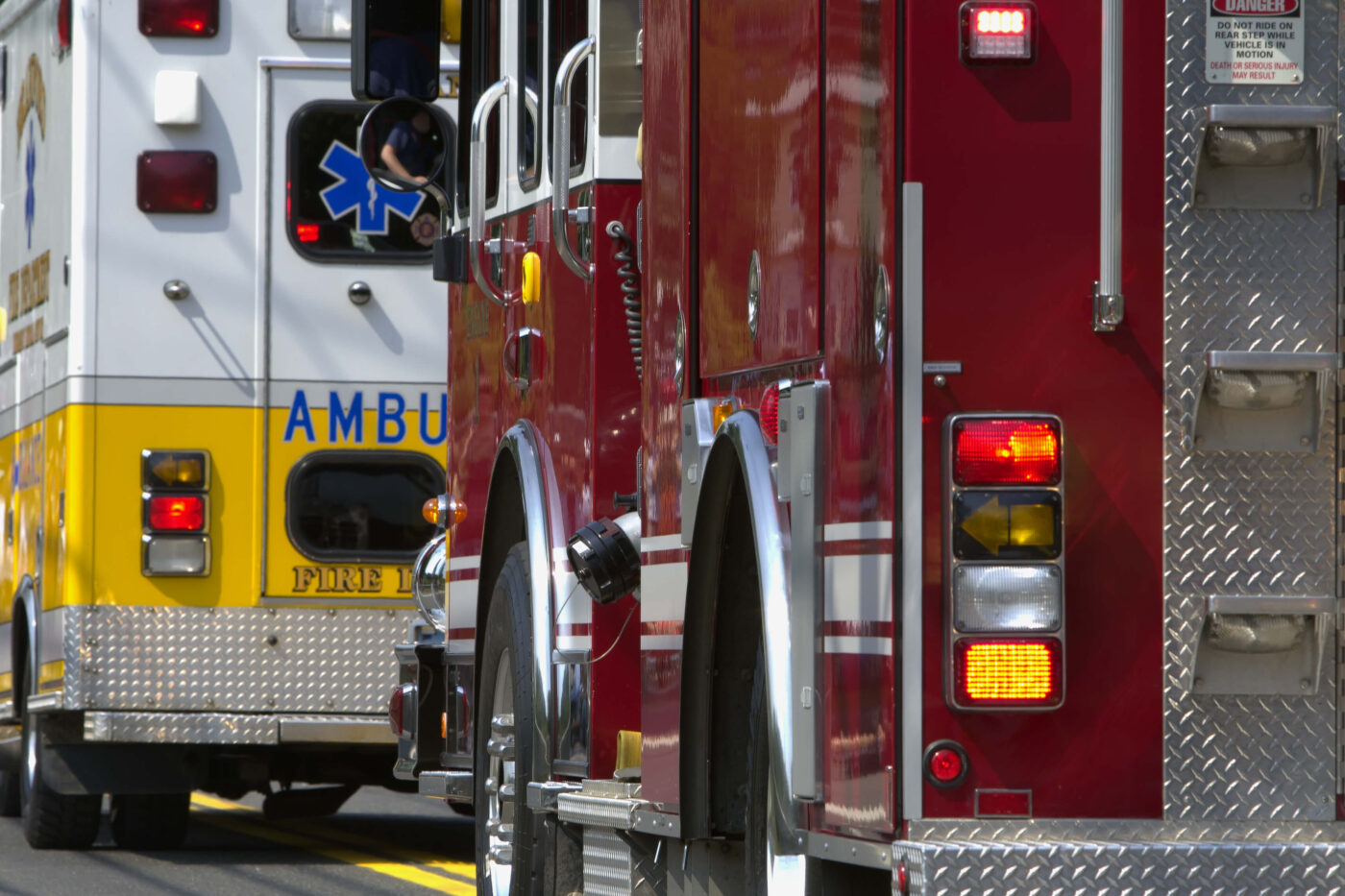Emergencies can happen at any time. Whether it’s a natural disaster, a fire, or a health crisis, being prepared can save lives. However, for individuals with hearing loss, there are extra steps to consider when planning for emergencies. Taking the time to prepare ensures that you and your loved ones can respond quickly and effectively when the unexpected happens.
Understanding the Risks
People with hearing loss may face unique challenges in emergency situations. Many emergency alerts, like sirens, alarms, or announcements, are designed to be heard. Without clear access to these warnings, the risk of delayed response increases. Even something as simple as an emergency evacuation order can be difficult to follow if it’s communicated only through sound.
Technology has advanced to accommodate the needs of individuals with hearing loss. Visual alert systems use flashing lights to signal alarms or warnings. They can be connected to fire alarms, doorbells, or even baby monitors, ensuring you’re alerted no matter where you are in the house. Vibrating alarms help those who may not see flashing lights or hear standard alarms. Vibrating alarms can be worn on your wrist or placed under a pillow to ensure you wake up during an emergency.
Text-based notifications offer text alerts, which are invaluable for people with hearing loss. By signing up for local emergency notification systems, you can receive text messages about potential dangers in your area. Incorporating these tools into your emergency plan helps you stay informed and act quickly in a crisis.
Building a Network of Support
Being prepared for emergencies goes beyond having the right equipment. It’s also important to have a strong support network. Sharing your emergency plan with trusted individuals ensures they know how to reach and help you during an emergency.
Preparing a Ready-to-Go Kit
Having an emergency kit is a basic, yet important part of any preparedness plan. If you have hearing loss, your kit should include items specific to your needs. In addition to general emergency supplies like water, food, and first aid materials, include extra batteries for your hearing aids or cochlear implants. If possible, pack a backup pair of hearing aids in case your primary devices stop working.
A portable charger is also essential, especially for devices like vibrating alarms or hearing aids that require electricity. Ensure you also include a notepad and pen for written communication, along with a copy of your latest hearing health exam results. These items will be particularly useful if you need medical assistance during an emergency and cannot communicate verbally. Store your kit in an easy-to-access location and review it every six months to replace expired items and ensure everything is in good working order.
Your ability to hear is closely tied to your safety. Regular hearing health exams can help ensure your hearing aids or other devices are functioning at their best. If your devices are not up to date or have begun to show signs of wear, they may fail when you need them the most. In the case of an emergency, malfunctioning hearing aids or other assistive devices can increase the risk of miscommunication or missed warnings.
It’s a good idea to discuss any changes in your hearing with a professional and consider updating your devices if necessary. If your hearing health exam shows that your hearing has changed, you may need to adjust your preparedness plan accordingly. Contact us today to schedule a hearing evaluation!

